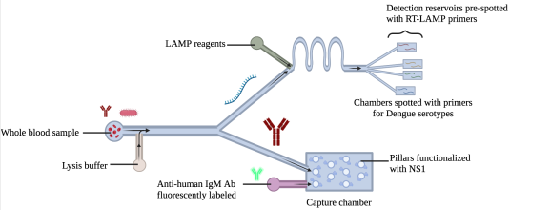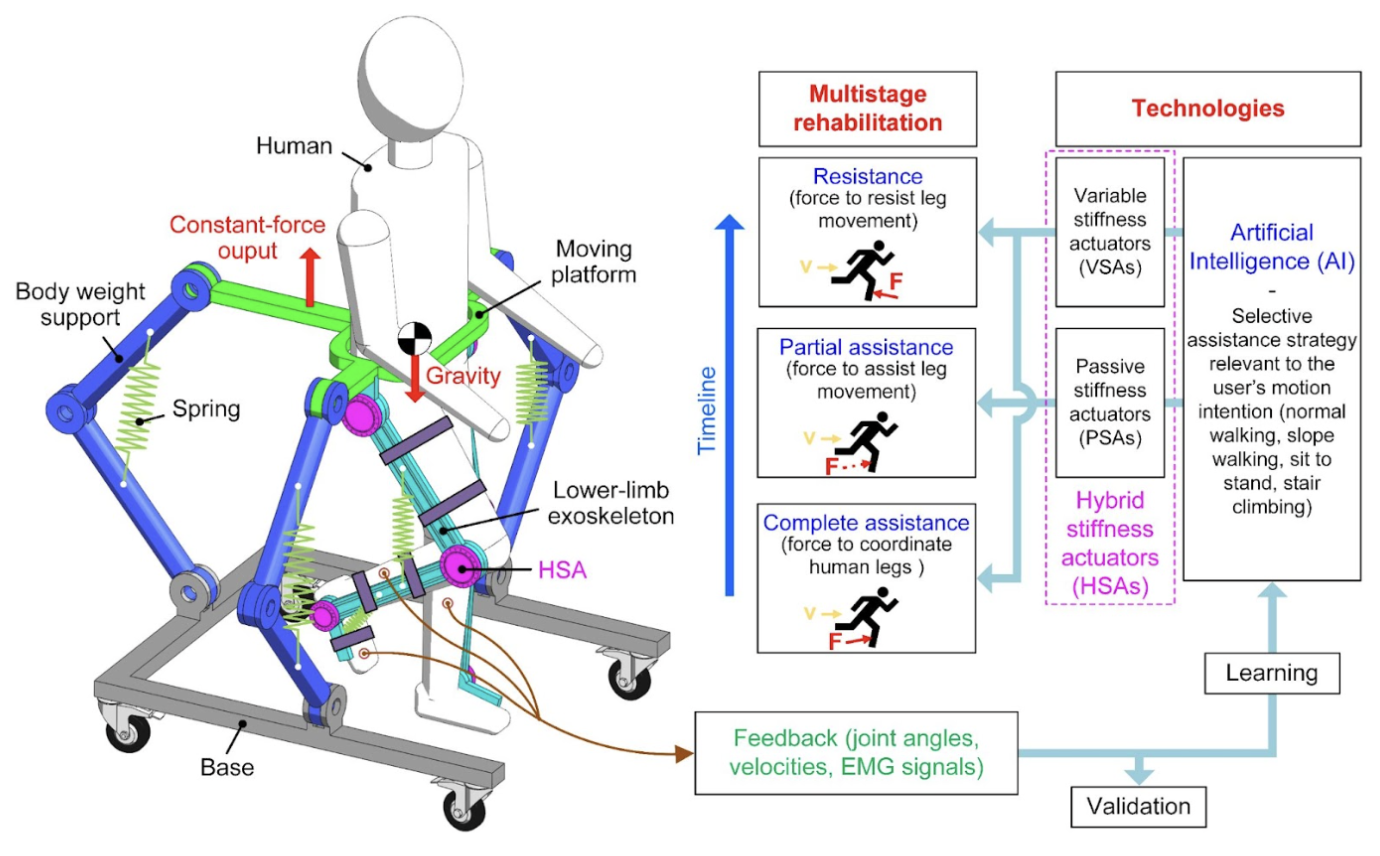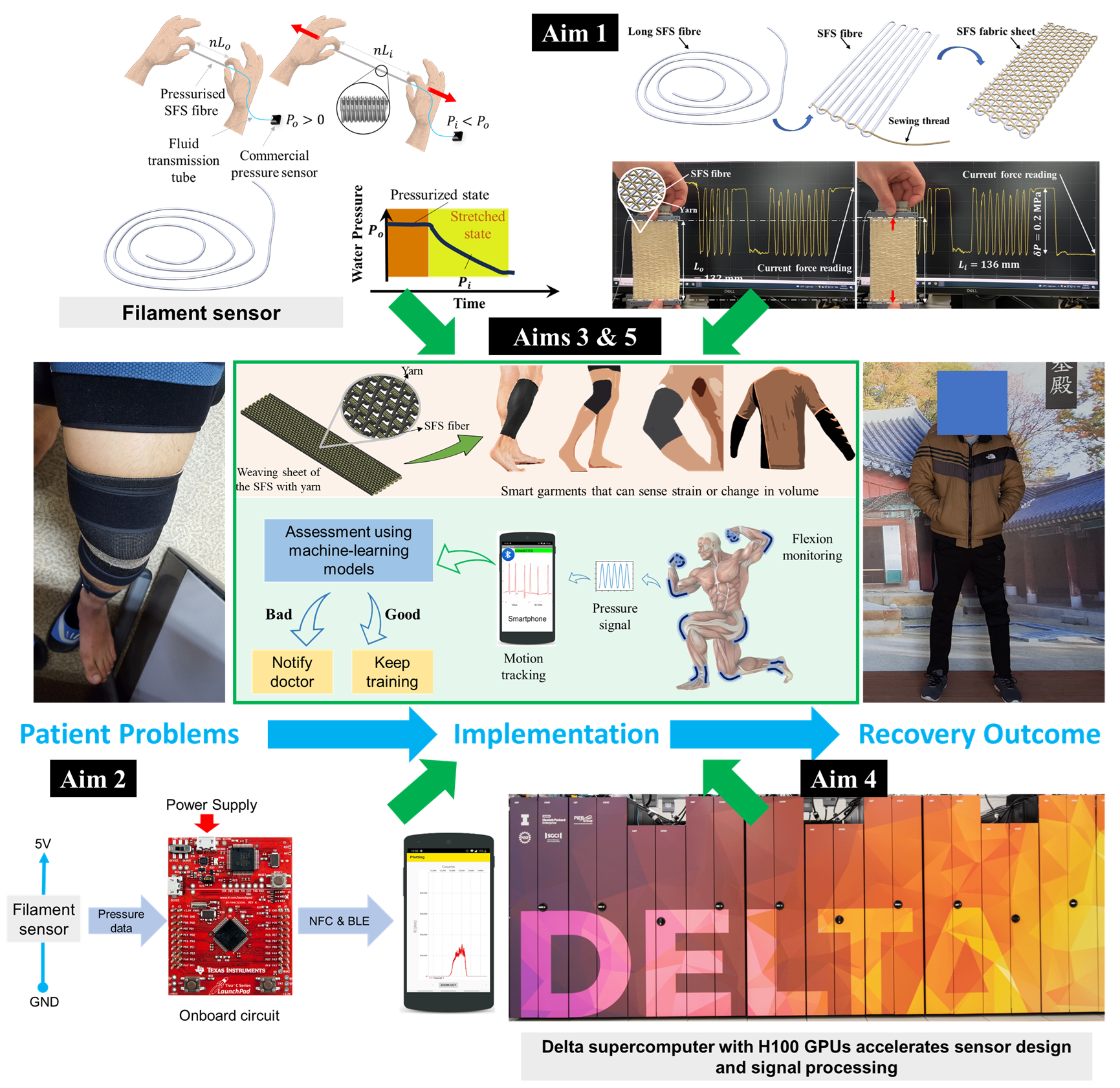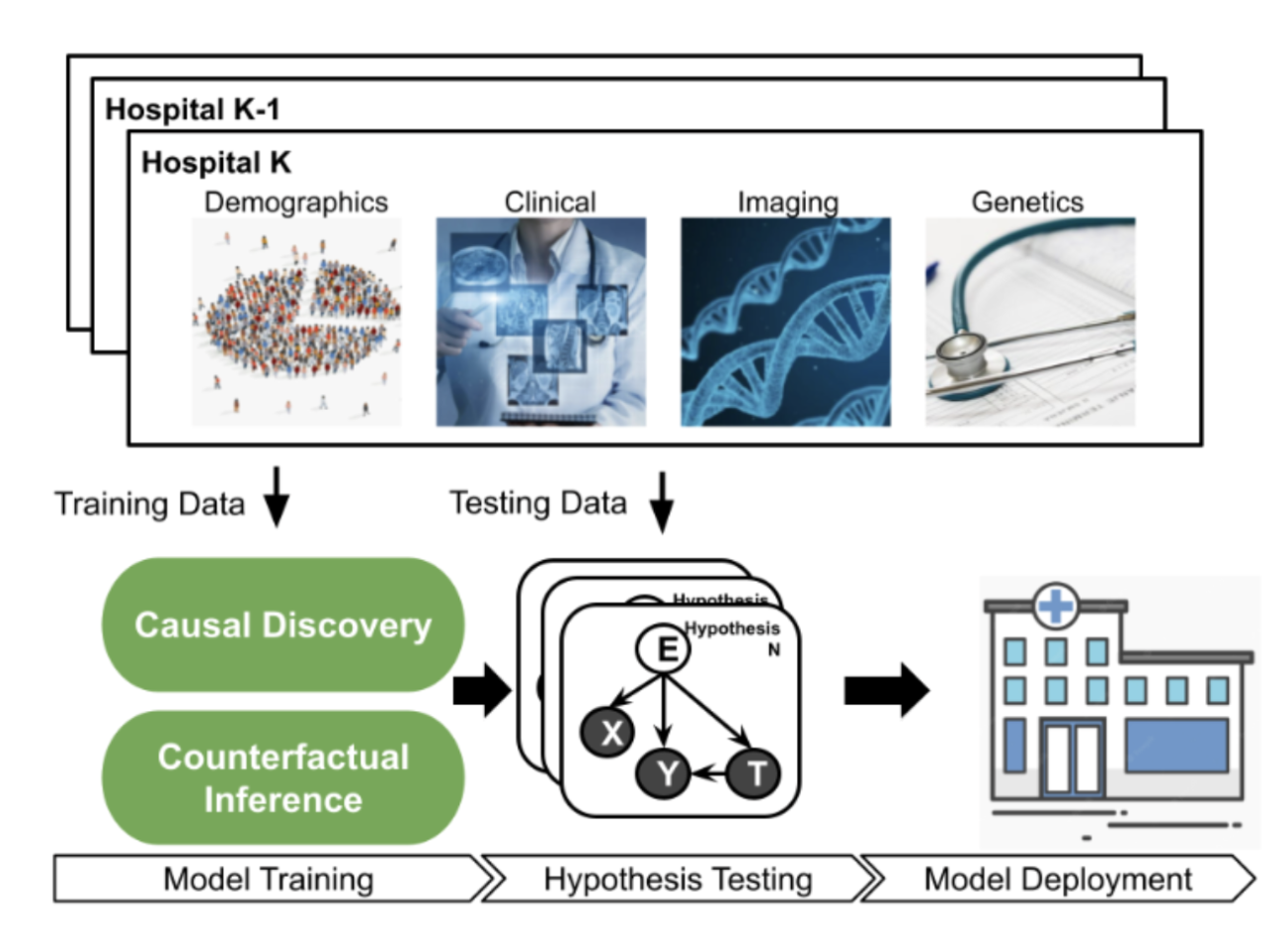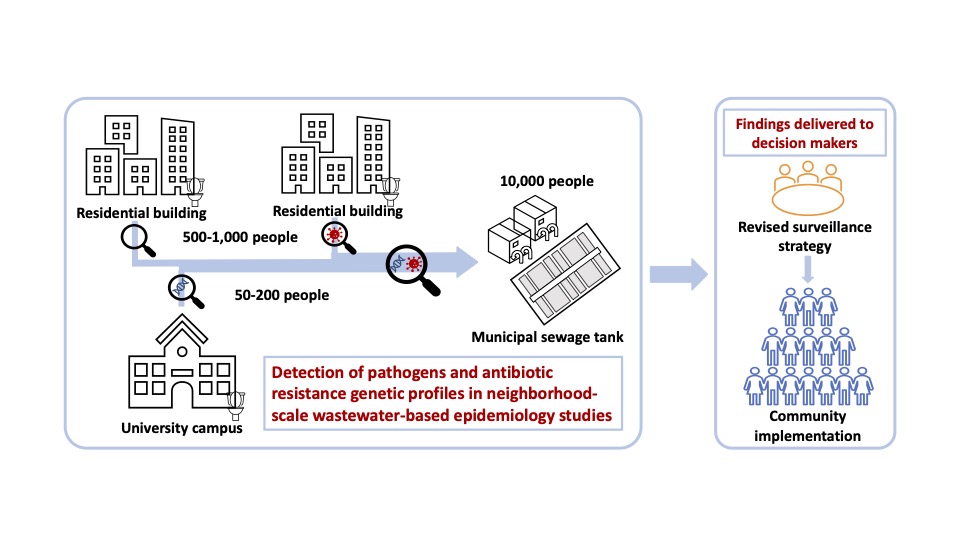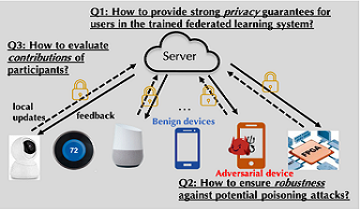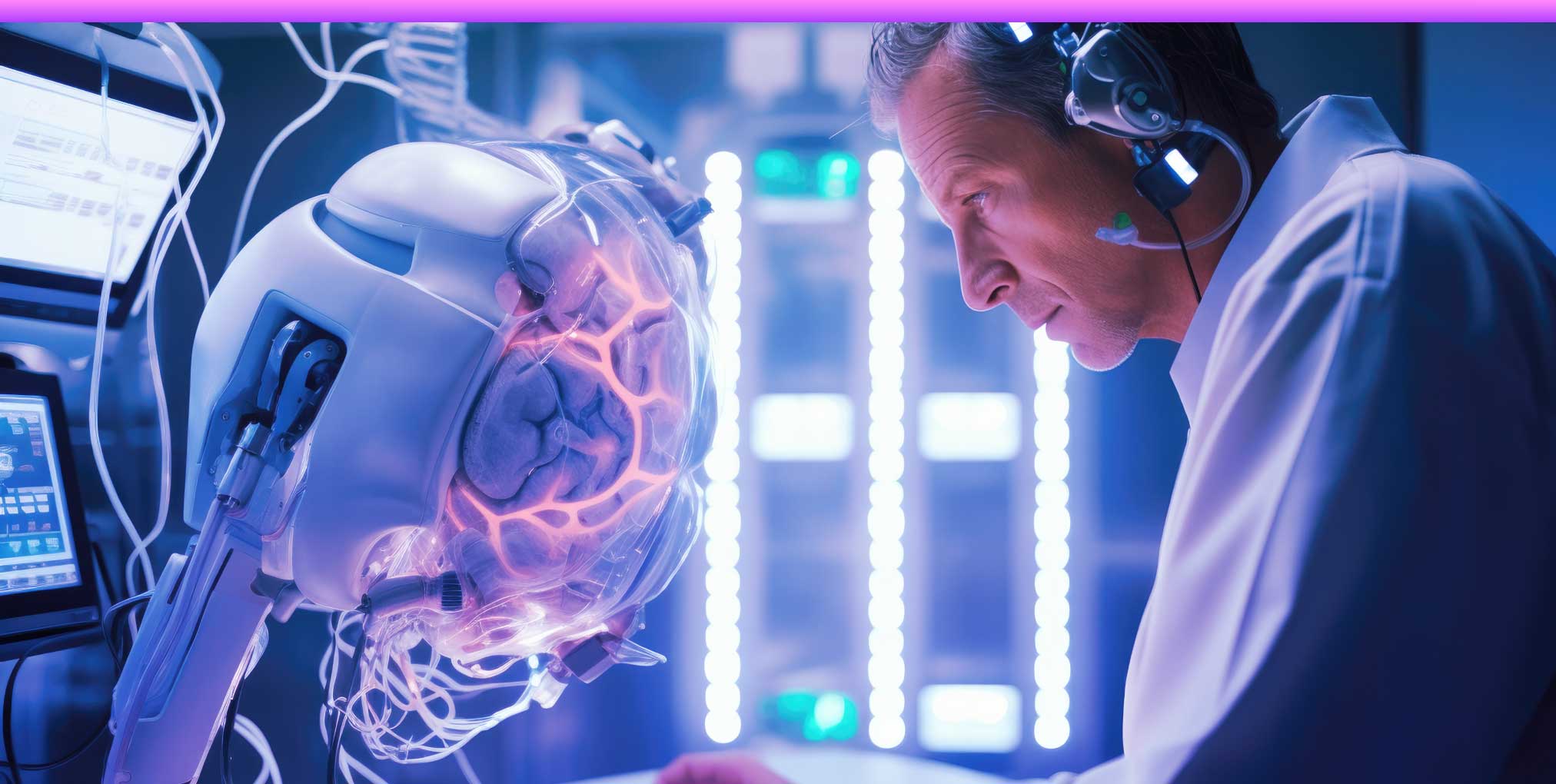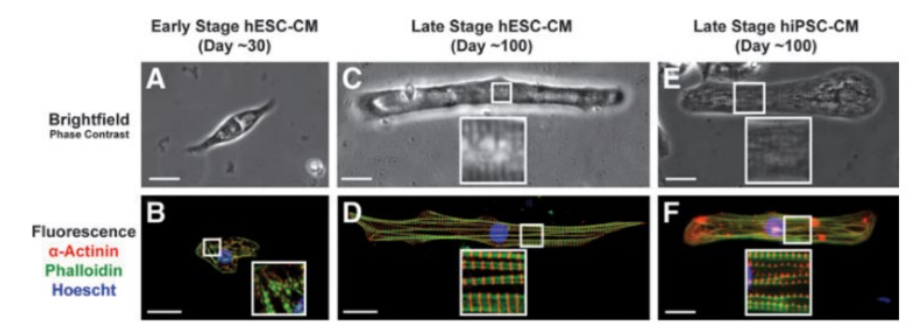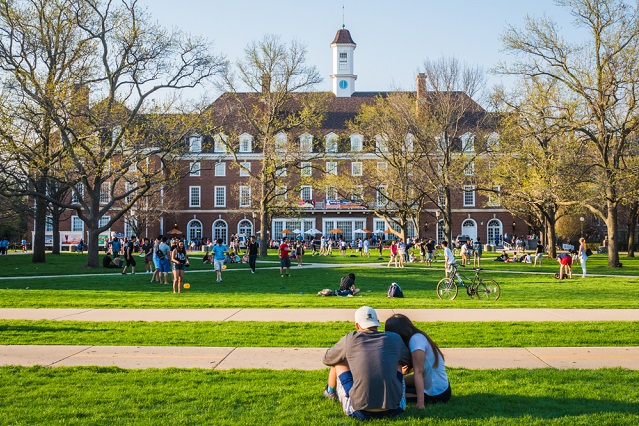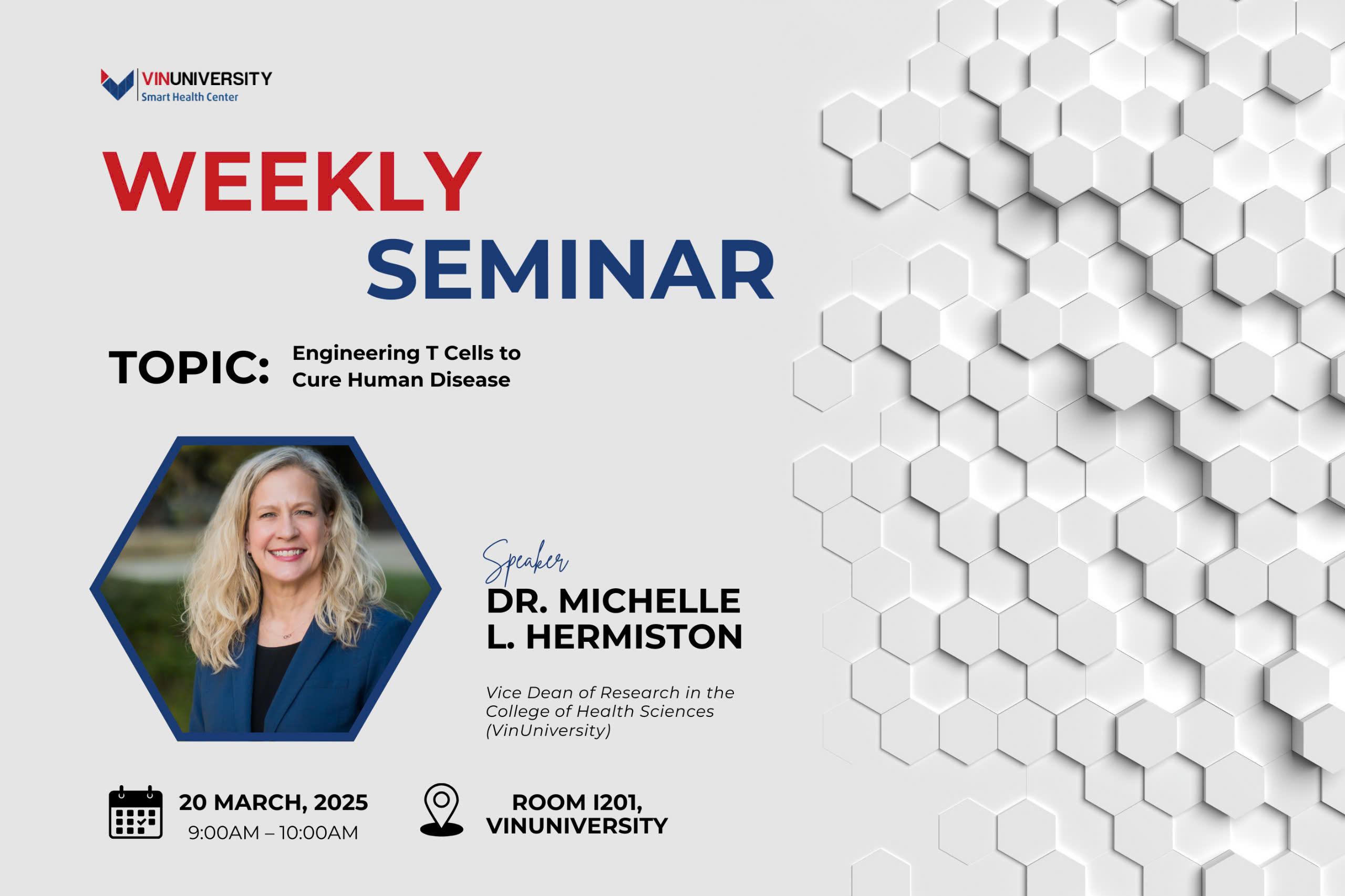
Research and develop smart health solutions to provide widely
accessible monitoring, screening, and diagnostics for people
all over the world.

Research and develop smart health solutions to provide widely
accessible monitoring, screening, and diagnostics for people
all over the world.

Research and develop smart health solutions to provide widely
accessible monitoring, screening, and diagnostics for people
all over the world.

Research and develop smart health solutions to provide widely
accessible monitoring, screening, and diagnostics for people
all over the world.

Research and develop smart health solutions to provide widely
accessible monitoring, screening, and diagnostics for people
all over the world.
The VinUni-Illinois Smart Health Center (VISHC) is a collaboration between VinUniversity (VinUni) and the Grainger College of Engineering at the University of Illinois at Urbana-Champaign (UIUC or Illinois). The center was established to conduct high-impact research on biomedical sensing, informatics, and their applications in smart healthcare. We aim at developing state-of-the-art sensing and digital technologies to provide widely accessible health monitoring and improvement for people all over the world.





Lab Manager & Research Fellow
VinUni-Illinois Smart Health Center
View profile
VISHC Science Director
Ivan Racheff Professor of Environmental Engineering in CEE, UIUC CEE Excellence Faculty Fellow
View profile
Center Coordinator
VinUni-Illinois Smart Health Center
VinUniversity
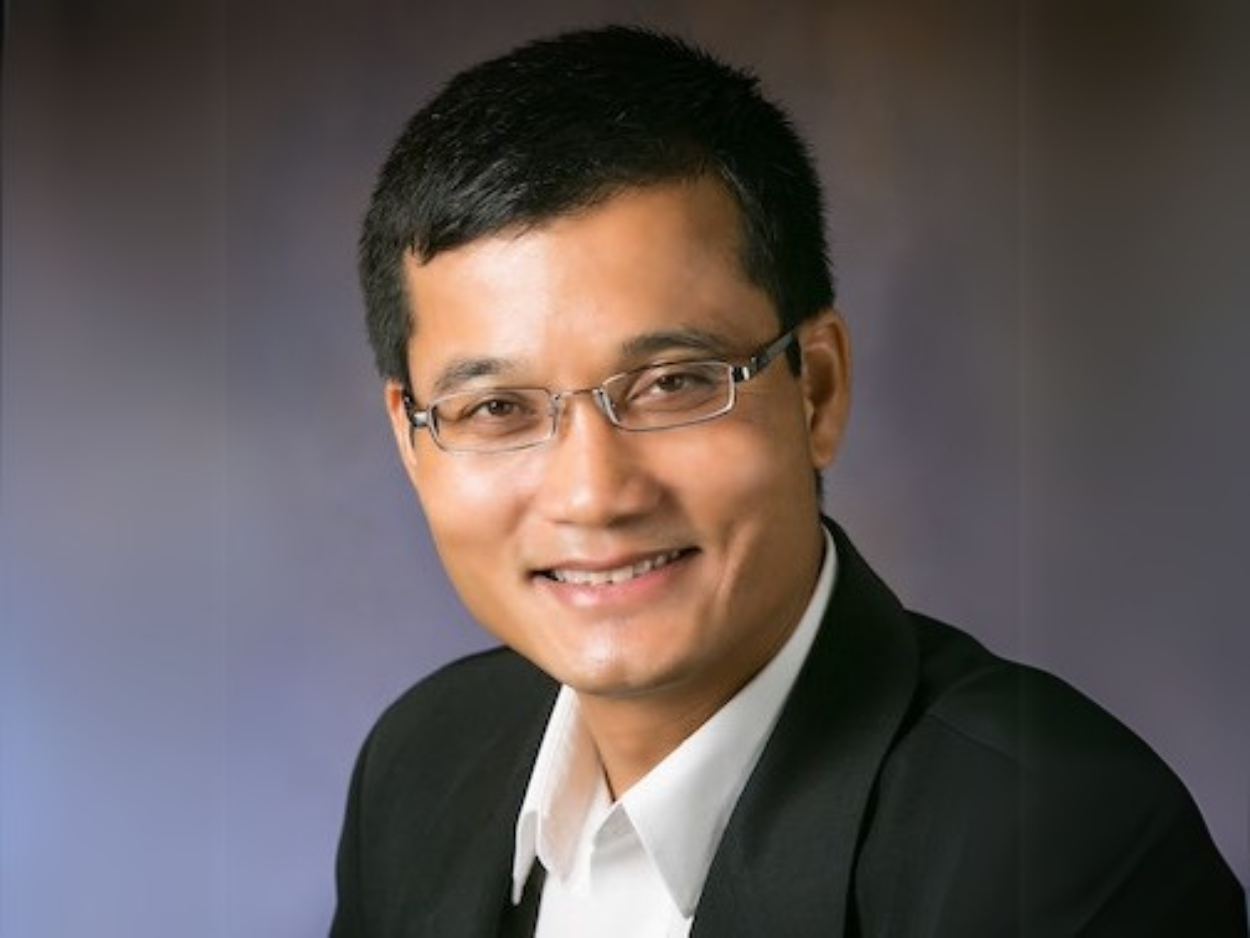
Director
Honorary Vice Provost, VinUniversity
Professor, Department of Electrical and Computer Engineering, UIUC

Associate Director & Assistant Professor
College of Engineering & Computer Science (CECS), VinUniversity
View profile
Lab Manager & Research Fellow
VinUni-Illinois Smart Health Center
View profile
VISHC Science Director
Ivan Racheff Professor of Environmental Engineering in CEE, UIUC CEE Excellence Faculty Fellow
View profile
Center Coordinator
VinUni-Illinois Smart Health Center
VinUniversity

Director
Honorary Vice Provost, VinUniversity
Professor, Department of Electrical and Computer Engineering, UIUC

Associate Director & Assistant Professor
College of Engineering & Computer Science (CECS), VinUniversity
View profile
Lab Manager & Research Fellow
VinUni-Illinois Smart Health Center
View profile
VISHC Science Director
Ivan Racheff Professor of Environmental Engineering in CEE, UIUC CEE Excellence Faculty Fellow
View profile
Center Coordinator
VinUni-Illinois Smart Health Center
VinUniversity


